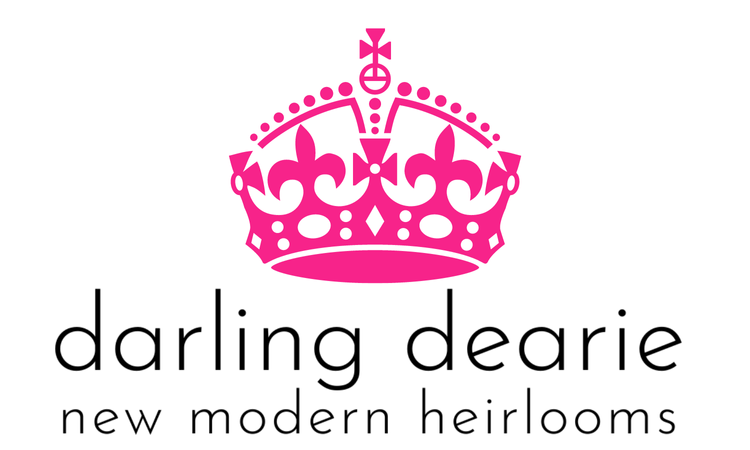enlighten
It’s Time We Became Truly “Fashion Conscious”
By Melissa A. Camarillo
October 2022
We’ve learned to appreciate organic and local-produced foods, thanks to the slow food movement. Yet, when it comes to giving our clothing labels the same attention we now pay to our food labels, most of us still opt for cheaply made, sweatshop-produced, imported throwaway clothing. It’s time we embraced the “slow fashion” movement for responsible and sustainably created clothing.
Slow fashion refers to the designing, creating and buying of garments for quality, craftsmanship, and longevity. It is about embracing the value of fair wages, slower production schedules, lower carbon footprints and minimal (ideally zero) waste in the creation of the clothes we wear every day. Often, though not always, the use of organic fabrics is also emphasized.
The goal is to assemble an enduring wardrobe, one that isn't designed for a single season or a few months but rather is meant to be worn and loved for years. Like its slow food cousin, slow fashion offers a thoughtful response to the exploitive manufacturing, importing, and waste of mass market clothing.
Cheap clothes are cheap for a reason. The price western buyers pay for apparel made in countries like Bangladesh is because they have such low labor and other costs. Mass-production is synonymous with overseas sweatshops, and often, slave and child labor. Dangerous working conditions, long hours, worker abuses and a pittance for wages are designed not to provide for the workers, but to keep them poor and to keep us rich.
We are all walking contradictions. We take pride in loading our organic and locally-grown food purchases, packed in reusable grocery bags, into our alternative -energy- efficient vehicles. Then we unload our slow-food purchases into our energy-saving refrigerators that we’ve placed in our energy-efficient, insulated (and sometimes solar collecting) homes. Then we look outside and take pride in our lawn signs proudly proclaiming our support for the rights of the marginalized and oppressed people.
But then, without even thinking about it, we head off to the mall to buy cheap, imported clothing made under dubious conditions that will be lucky to survive more than a dozen spins in our (energy conscious) washing machines. It’s no surprise -- that’s how we were all raised, after all. But just as over the last 25 years we have all become more conscientious food consumers, we need to also become more conscious of the clothing we buy and wear. Where does it come from? Who made it and under what conditions? And how much of it do we actually and regularly wear?
In 2016, Newsweek reported that Americans throw out over 14 million tons of clothing a year, which breaks down to over 220 pounds of wasted clothing per household in the U.S.. Greenpeace has even set off the alarm bells saying, "Consumers need to slow down their rate of buying clothes needed and re-think the systems used to supply them, taking in all stages of design and their re-use and recycling."
Now let’s talk about the elephant in the room -- cost. Yes, slow-fashioned clothes will cost us more, just like organic foods cost more than non-organic. Local clothing production cannot compete with overseas production -- at least not yet.
On the other hand, a slow-fashioned garment will last much longer than its cheaply made counterpart, saving you money over time. That same slow-fashion garment will likely transcend seasons and fads, saving you even more money in the long run. Purchasing slow-fashioned clothing means supporting the local economy and smaller, more entrepreneurial producers, while also giving you the confidence that the workers who make that clothing are not being exploited.
Embracing slow fashion will be a process, taking years, just as slow food did. But even some changes in our apparel purchasing mindset will result in more positive effects over time. We've already embraced slow food, it's not that big of a leap to finally embrace slow fashion, either.
[Melissa A. Camarillo is proprietrix & designer at darlingdearie.com.]
